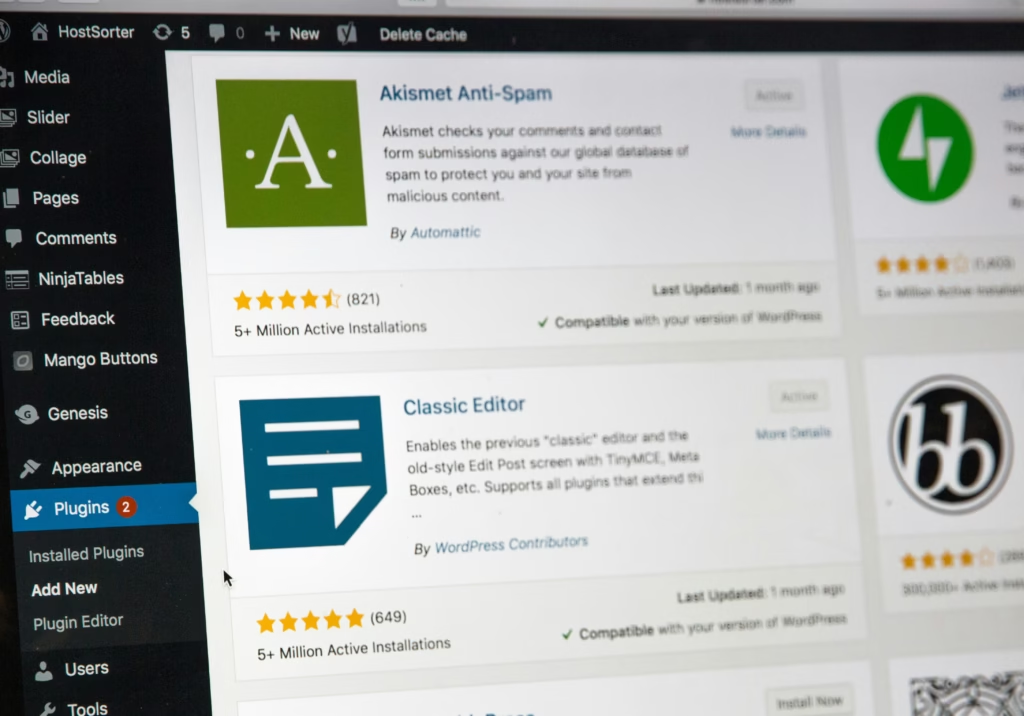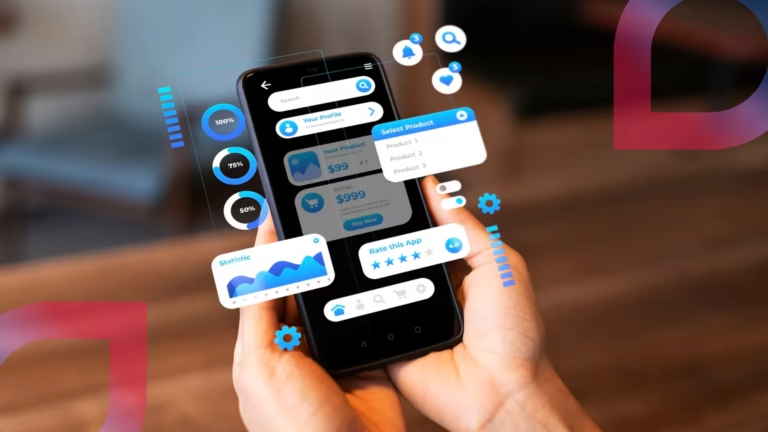Build Secure WordPress – New Delhi.In the vibrant digital landscape, your WordPress website is your castle, housing your brand, your content, and potentially, your customers’ sensitive information. Just like any valuable asset, it needs robust defenses against would-be intruders lurking in the online shadows.
But navigating the realm of cybersecurity can feel like deciphering ancient scrolls – confusing, overwhelming, and potentially intimidating. Fear not, brave knight! This comprehensive guide will equip you with the essential Do’s and Don’ts to fortify your WordPress website and transform it into an impregnable digital fortress.
The Do’s: Building Your Security Walls
1. Keep WordPress and Plugins Updated: This isn’t just a suggestion, it’s a battle cry! Outdated software harbors vulnerabilities, and attackers eagerly exploit them. Update WordPress core, themes, and plugins regularly to patch those vulnerabilities and keep your defenses current.
2. Strong Passwords are Your Gatekeepers: Ditch weak passwords like “password123” and “yourdogscname.” Opt for complex combinations of uppercase and lowercase letters, numbers, and symbols. Consider password managers like LastPass to create and store strong, unique passwords for every account.
3. Embrace Two-Factor Authentication (2FA): Think of 2FA as an additional drawbridge to your castle. It adds a second layer of security beyond passwords, often requiring a code sent to your phone or authenticator app. Plugins like Duo Security and Clef seamlessly integrate 2FA into your WordPress login process.
4. Secure Your Domain and Hosting: Choose a reputable web hosting provider that prioritizes security. Invest in an SSL certificate (Secure Sockets Layer) to encrypt data transmission between your website and visitors, ensuring a secure communication channel.
5. Back Up Regularly: Think of backups as your emergency escape tunnels. Regularly back up your website’s database and files. Cloud storage services like Google Drive and Dropbox offer convenient and secure backup solutions.
The Don’ts: Avoiding Security Pitfalls
1. Ignore Updates: This is akin to leaving your castle gates wide open! Procrastinating on updates leaves your website vulnerable to known exploits. Make updates a regular part of your website maintenance routine.
2. Use Nulled Themes and Plugins: Free can be tempting, but nulled themes and plugins often come laced with malware and security vulnerabilities. Stick to reputable sources and official repositories for your WordPress needs.
3. Share Login Credentials: Never share your WordPress login credentials with anyone, not even your closest digital allies. Treat them like the crown jewels they are, and guard them fiercely.
4. Ignore Security Plugins: Security plugins aren’t just bells and whistles – they’re your loyal guards patrolling the ramparts. Plugins like Sucuri and Wordfence offer comprehensive security features like malware scanning, login firewall, and website activity monitoring.
5. Neglect User Permissions: Assign user roles and permissions wisely. Give editors editing capabilities, not admin access. Avoid the “admin for everyone” approach, as it grants unnecessary privileges and increases attack surface.
Infotyke: Your Security Watchtower – Build Secure WordPress
Securing your WordPress website is an ongoing mission, not a one-time feat. Infotyke understands this, and we offer a range of security solutions, from website protection plans to malware scanning and removal services. Our team of security experts can assess your website’s vulnerabilities, implement robust security measures, and provide ongoing monitoring and support to keep your digital fortress safe.
Remember, website security is not a sprint, it’s a marathon. By following these Do’s and Don’ts, investing in security solutions like Infotyke offers, and staying vigilant, you can transform your WordPress website into a digital fortress, impregnable to even the most cunning attackers. Secure your digital domain, protect your brand, and ensure your online castle stands tall in the ever-evolving landscape of the web.
FAQs: Build Secure WordPress
General:
- Why is WordPress security important? WordPress powers millions of websites, making it a prime target for attackers. Protecting your data and reputation is crucial.
- What are the biggest threats to WordPress security? Outdated software, weak passwords, vulnerabilities in plugins, and malware are common threats.
- Can I secure my WordPress website myself? Yes, following Do’s and Don’ts and utilizing security tools can significantly enhance security.
Do’s: Build Secure WordPress
- Update WordPress, themes, and plugins regularly.
- Use strong passwords and enable two-factor authentication.
- Choose a secure web hosting provider and use an SSL certificate.
- Back up your website regularly.
- Install trusted security plugins and keep them updated.
- Assign user roles and permissions carefully.
Don’ts: Build Secure WordPress
- Ignore updates or use outdated software.
- Use nulled themes or plugins.
- Share your login credentials.
- Neglect website activity monitoring and vulnerability scanning.
- Grant admin access to everyone.
Infotyke and Security:
- What security solutions does Infotyke offer? Website protection plans, malware scanning and removal, and ongoing security monitoring.
- Can Infotyke help me assess my website’s vulnerabilities? Yes, we offer security audits and vulnerability assessments.
- Do you provide ongoing security support? Yes, we offer maintenance plans and dedicated security experts.
Beyond the FAQs:
- What are some reliable resources for WordPress security information? WordPress Security Guide, NIST Cybersecurity Framework, Sucuri Security Blog.
- How can I stay updated on the latest security threats? Subscribe to security blogs and newsletters, attend security conferences.
- Is there a foolproof way to secure my WordPress website? While absolute security is impossible, consistent effort and proactive measures can significantly reduce risks.









